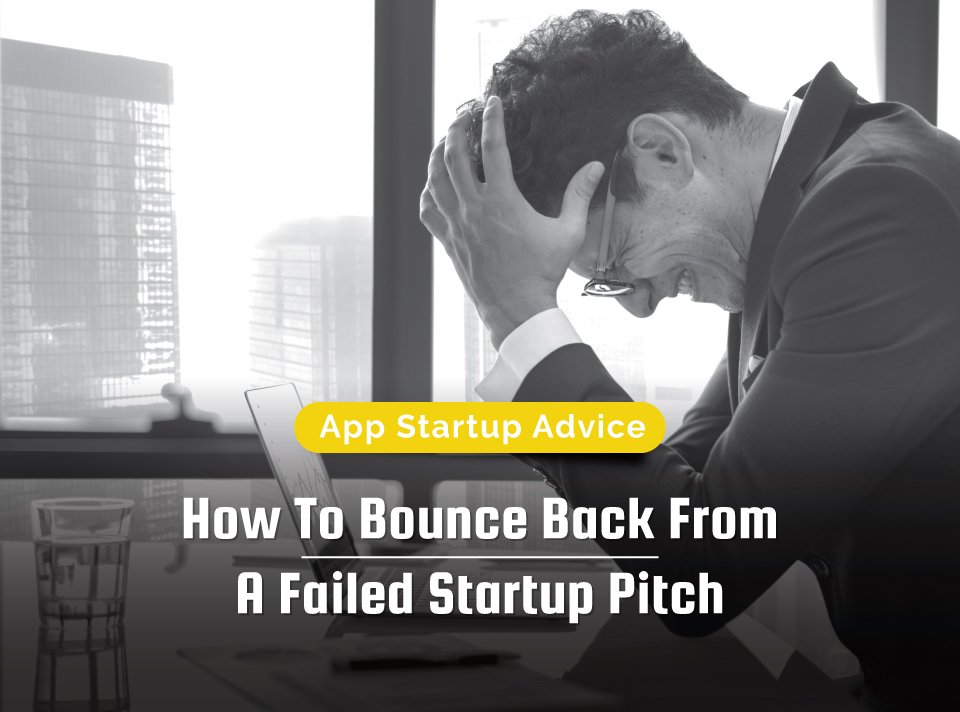The 5 Best Kickstarter Alternatives for App Startups

Kickstarter is the king of crowdfunding, but apps rarely get funded. Check out these five Kickstarter alternatives for app startups.
The Best Ways To Raise Seed Funding For Your App Startup

Every business costs money to start. If you don’t have the capital, you’ll need to raise seed funding from investors.
How To Win A Business Plan Contest

Winning a business plan contest can help your business earn funds and establish new business relationships with investors and VCs.
How To Find App Funding To Develop Your Idea

Developing apps is expensive, but fortunately, app funding is out there. Learn about the options you have to fund your app development.
The 5 Best Kickstarter Alternatives for App Startups

How To Write A Crowdfunding Campaign That Gets Funded

What Is Seed Money and Is Your Startup Ready for It?

How To Bounce Back From A Failed Startup Pitch

How To Pitch Investors Like A Seasoned Pro

7 Unexpected Apps That Made Millions

There’s one thing that’s common among all successful apps, it’s that they have the ability to secure investment and create wealth for their founders and stakeholders. However, not many app developers and tech startups make it to the top, and unfortunately, not all of them are making millions from apps. There’s a major difference between apps that madea few thousand […]